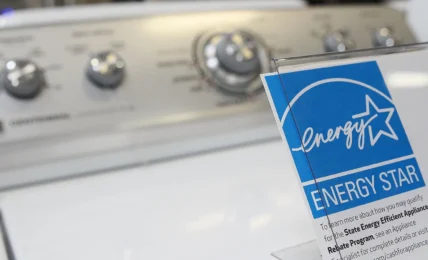Circular manufacturing startup Molg announced that it has raised $5.5 million in seed funding, with proceeds aimed at scaling capacity for the company’s solution to tackle electronics waste.
Founded in 2021 by CEO Rob Lawson Shanks and CTO Mark Lyons, Sterling, Virginia-based Molg provides circular manufacturing processes for electronics and electrical components, focused on robotics and design, including robotic microfactories that can autonomously disassemble complex electronic products – such as laptops or servers – to recover valuable components for reuse, remanufacturing or recycling, and partnering with manufacturers to design electronics with circularity in mind.
The company said that it will use the new capital to scale its robotic microfactories, and increase its capacity to meet growing demand for sustainable electronics solutions.
Molg cofounder and CEO Rob Lawson-Shanks said:
“Achieving true circularity requires a fundamental shift in the underlying systems that support demanufacturing. It starts with better design and is enabled by dynamic automation. This funding allows us to accelerate our work at both ends of a product’s life, designing for circularity from the start and recovering valuable devices, components and materials through automated disassembly.”
The seed funding round was led by circular economy-focused investor Closed Loop Partners’ Venture Group, and included participation from Amazon Climate Pledge Fund, ABB Robotics & Automation Ventures, Overture, Elemental Impact and Techstars.
Aly Bryan, Investor on the Ventures Group team of Closed Loop Partners, said:
“We invested in Molg because they are rethinking how critical materials can be recovered from electronics, addressing a historically overlooked source of valuable resources. Their process maximizes the value of recovered materials and allows for local recovery where materials are most needed––important parts of advancing the circular economy.”
Sam LaPierre, Investor at Amazon’s Climate Pledge Fund, added:
“Amazon remains committed to our decarbonization efforts and supporting technologies that aim to improve the circularity of our supply chains. Efforts to improve hardware demanufacturing and material recovery, such as those developed by Molg, are promising technologies that can help advance the recycling and material recovery industries at scale.”



